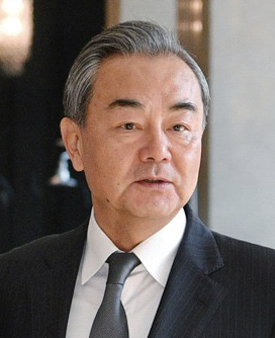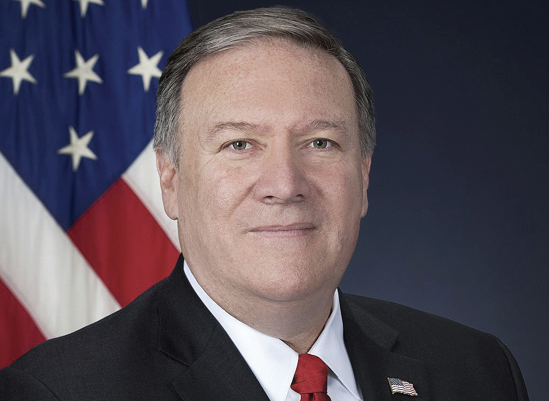Latin American Decade
LAC Trade: Priming the Pump
Promising Outlook in Unpromising Times
The Latin American Decade never quite took hold. The U.S.-China trade war is both an opportunity and a threat while the region’s trade pacts all face challenges that could mark their undoing. But a new decade is approaching, will the region be ready for another bid?
In July, China’s Foreign Minister Wang Yi made the rounds visiting various Latin American capitals. The purpose of the tour was transparent to all - China’s willingness to trade without conditions. At a stop in Brazil, Wang remarked to the gathered press corps, “the most distinctive characteristic of China-Latin America cooperation lies in equality and respect. When the Chinese side cooperates with its Latin American friends, it always treats each other equally and takes care of each other’s core and major interests. It always sticks to respecting their political systems and development paths and not interfering in others’ internal affairs…”

Wang’s remarks were a thinly veiled response to recent U.S. diplomatic forays in Latin America. Back in April U.S. Secretary of State Mike Pompeo on a visit to Chile during his trip warned his Latin American counterparts to beware of China’s “debt traps” as he pushed for support of the removal of Venezuelan president Nicholas Maduro in favor of opposition leader Juan Guaido as the “winner” of the hotly 2018 disputed election.

It’s not surprising the U.S. and China are on opposites sides of the Venezuelan imbroglio as the two economic giants rarely find agreement in the political arena. Still, the barbs that Wang Yi and Mike Pompeo have proffered on their respective trips through Latin America and the Caribbean (LAC) illustrates the reach and depth of the U.S.-China trade war – literally there are few nations on earth unaffected. And amid the near daily chatter on U.S.-China trade war, Latin America has quietly emerged as a note-worthy secondary front with trade and investment the munitions of influence.
From the LAC standpoint having China as a counterbalance to the U.S. and EU [European Union] is potentially profitable and desirable but there are risks. While the U.S. and China trade dispute has undoubtedly provided some new commercial opportunities for the LAC, the danger of becoming collateral damage in the conflagration is very real – particularly if the quarrel triggers a global downturn which lowers commodity demand and prices.





